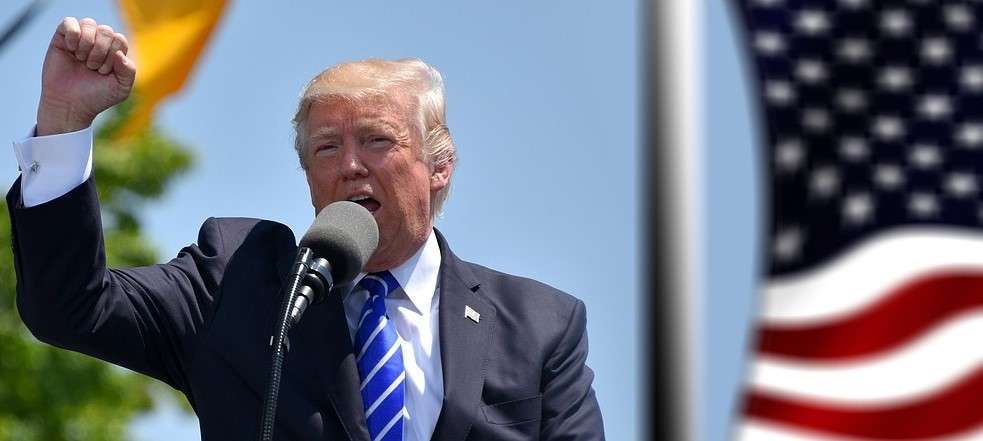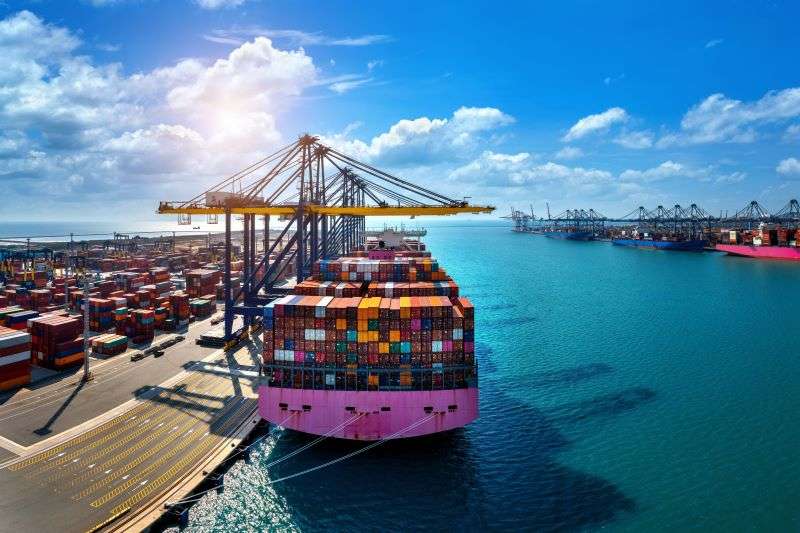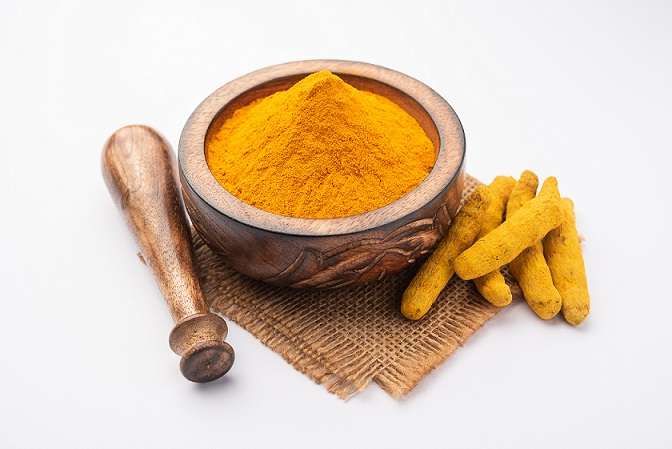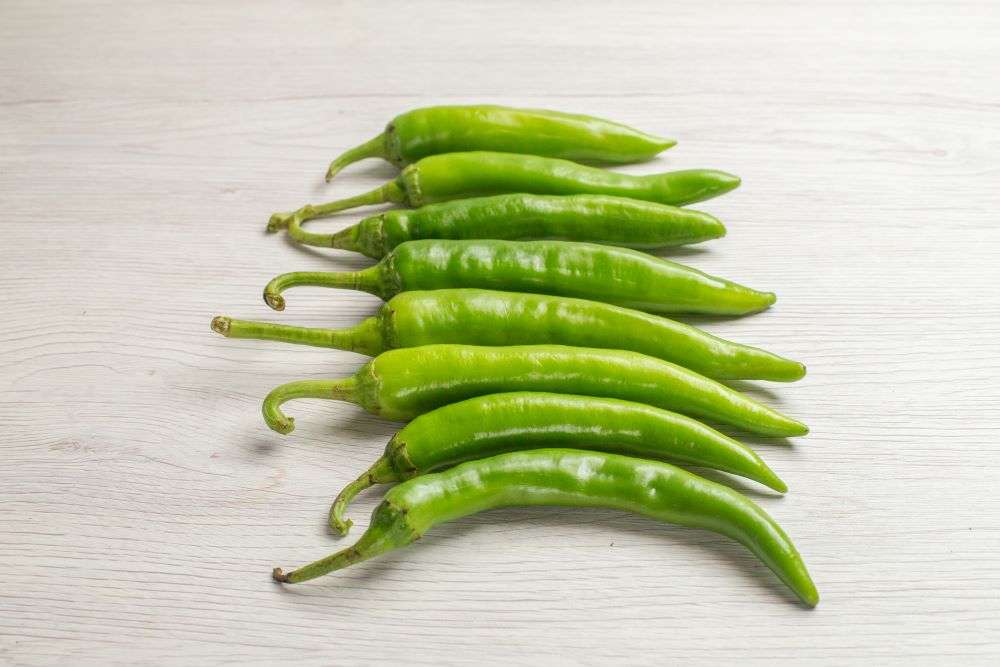The recent reelection of Donald Trump as President of the United States has stirred a mix of anticipation and apprehension within the global trade landscape, particularly for countries like India that heavily rely on agricultural exports. The phrase “Trump 2.0” signifies not just a continuation of his prior policies but also the potential for new trade dynamics that could reshape relationships between nations.

The Economic Times
One immediate impact of Trump’s presidency is the emphasis on “America First” policies, which has historically led to protective measures for U.S. agriculture. During his first term, trade tensions escalated with major agricultural exporters, including India. As noted by The Economic Times, analysts fear that “a resurgence of protectionist policies could shrink the market for Indian goods.” With Trump 2.0, Indian farmers and exporters are keeping a close eye on whether similar tariffs and trade barriers may be reinstated, affecting the competitiveness of Indian products in the U.S. market.
Press Information Bureau
A significant concern for Indian agricultural exports is the potential for increased tariffs on products that have previously enjoyed favorable trade status. The U.S. is one of the largest markets for Indian agricultural goods, including spices, rice, and fruits. The Press Information Bureau reported that a surge in tariffs could directly impact revenue and profits for Indian farmers, noting that these changes “could set back years of progress made in trade relations.” As trade tensions could escalate once again, Indian exporters might find it necessary to seek alternative markets or adapt their pricing strategies to maintain competitiveness.
Reuters
However, there’s also an opportunity for Indian agriculture to diversify its export portfolio. If Trump opts for selective trade partnerships, it may result in a push for countries like India to strengthen ties with other nations. According to Reuters, “India may find it necessary to pivot more toward regional agreements” in response to increasing tariffs. This shift could help mitigate some of the impacts of U.S.-centric policies by exploring markets in Europe, Asia, and Africa.
Times of India
Moreover, changes in U.S. agricultural policies under Trump could lead to an increased focus on food security. This shift might create new opportunities for Indian agricultural products, particularly organic goods, as the U.S. consumer market increasingly gravitates towards healthier options. Engaging with emerging trends such as organic farming and sustainability can provide Indian farmers with a competitive edge, as highlighted in a recent piece by The Times of India.
In conclusion, while the prospect of Trump 2.0 brings uncertainties for Indian agricultural exports, it simultaneously opens doors for innovation and adaptation. By closely monitoring the evolving trade relations and leveraging new opportunities, Indian exporters can navigate this complex landscape more effectively.





